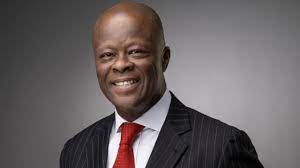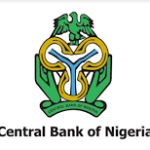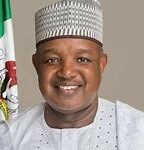Launches National Single Window To Boost Trade, Economic Growth
Honourable Minister of Finance and Coordinating Minister of the Economy, Mr. Wale Edun, has emphasized the significance of ongoing macroeconomic reforms in shaping Nigeria’s economic future.
While addressing the recent Nigerian Economic Summit Group (NESG) 2024 National Economic Dialogue, Mr. Edun reflected on 25 years of democracy in Nigeria, stressing the importance of continuing improvements in governance and economic inclusivity.
He highlighted the federal government’s commitment to fostering a stable and inclusive economy, noting that sustained reforms are crucial to achieving long-term growth.
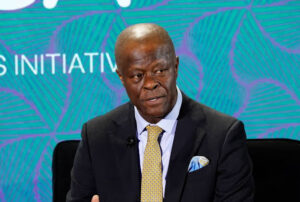
A key initiative Mr. Edun discussed was the introduction of Nigeria’s first United States (US) dollar domestic bond. This innovative financial instrument is designed to attract Nigerian savings from abroad, channeling these funds into the domestic economy to spur growth. Mr. Edun described this bond as a strategic move to strengthen the country’s financial markets and support broader economic development.
Turning to the agricultural sector, Mr. Edun acknowledged the challenges currently facing the industry, particularly in the areas of food inflation and security. He reaffirmed the government’s dedication to addressing these issues, stressing the importance of strategic planning and the adoption of successful international models to enhance food production and stability.
Mr. Edun also took the opportunity to thank the NESG for its key role in driving economic dialogue and shaping policy recommendations. He expressed gratitude for the group’s ongoing contributions to Nigeria’s economic discourse, which he believes are vital to the country’s progress.
He further reiterated President Bola Tinubu’s commitment to comprehensive economic reforms, highlighting that these efforts are essential for building a resilient and prosperous Nigeria.
Mr. Edun’s address at the NESG Summit underscores the government’s focus on implementing policies that will not only stimulate immediate growth but also lay the foundation for sustainable economic development in the years to come.
In another development, Mr. Edun launched the National Single Window (NSW) Project Kickoff Workshop.
This marking a significant step in Nigeria’s efforts to streamline trade processes and boost economic growth.
At the recent event in Abuja, Mr. Edun emphasised the critical role the NSW will play in enhancing trade facilitation across the country. He noted that the initiative is a central component of the federal government’s strategy to simplify trade and customs procedures, reduce bottlenecks, and increase transparency within Nigeria’s trade environment.
The Federal Inland Revenue Service (FIRS), under the leadership of its Executive Chairman, Dr. Zacch Adedeji, along with the Nigerian Sovereign Investment Authority (NSIA), will lead the implementation and financial management of the NSW project.
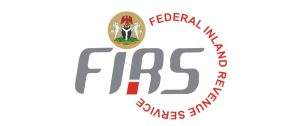
The project’s Secretariat will be housed within FIRS, serving as the coordination hub.
The NSW aims to integrate various government agencies involved in trade into a unified system, thereby simplifying the process for businesses and reducing the time and cost associated with trade.
Key stakeholders participated in the workshop included the Nigerian Ports Authority (NPA), the Nigerian Customs Service (NCS), the Nigerian Civil Aviation Authority (NCAA), and the National Agency for Food and Drug Administration and Control (NAFDAC). Their collaboration was seen as vital for the successful deployment of the NSW, which aligns with President Tinubu’s broader economic reform agenda.
The three-day workshop, which brought together a diverse group of participants from various sectors, was concluded on Thursday, 22 August, 2024, with the presentation of a detailed action plan.
This plan will outline the next steps and set clear timelines for the full implementation of the NSW project.
Mr. Edun expressed optimism that the NSW will not only streamline trade operations but also significantly enhance Nigeria’s economic growth by attracting more investments, increasing revenue generation, and improving the ease of doing business in the country.
As the workshop was expected to foster greater cooperation among the involved agencies and lay the groundwork for a more efficient and transparent trade system that will benefit the Nigerian economy in the long run.

